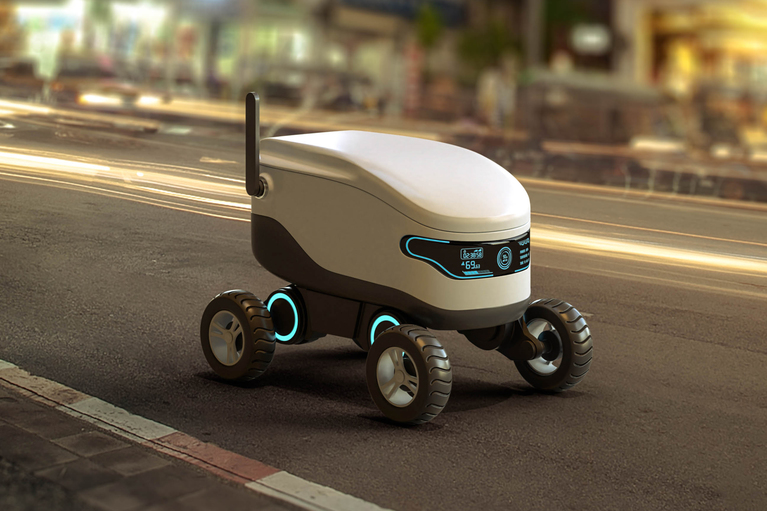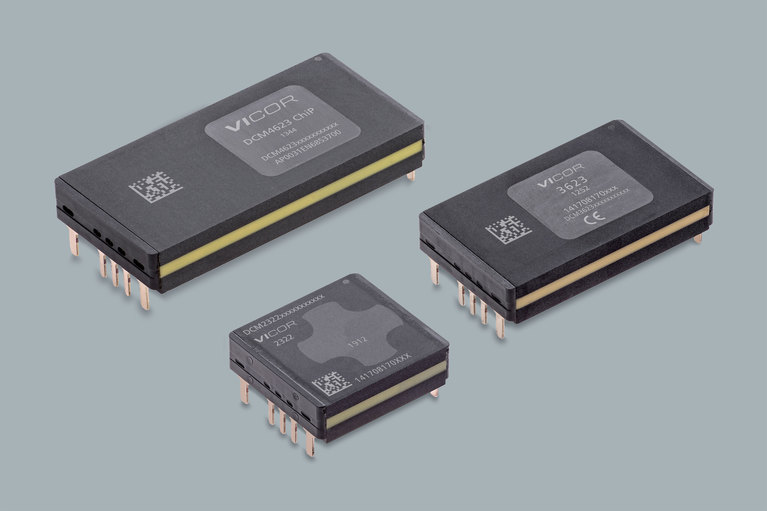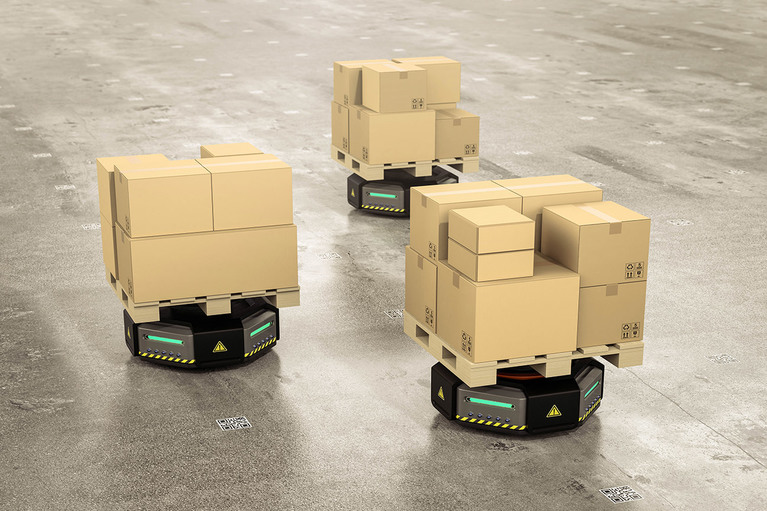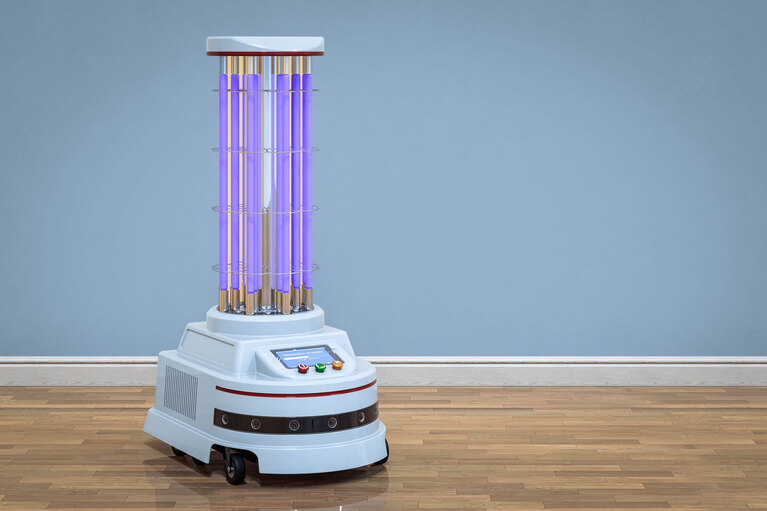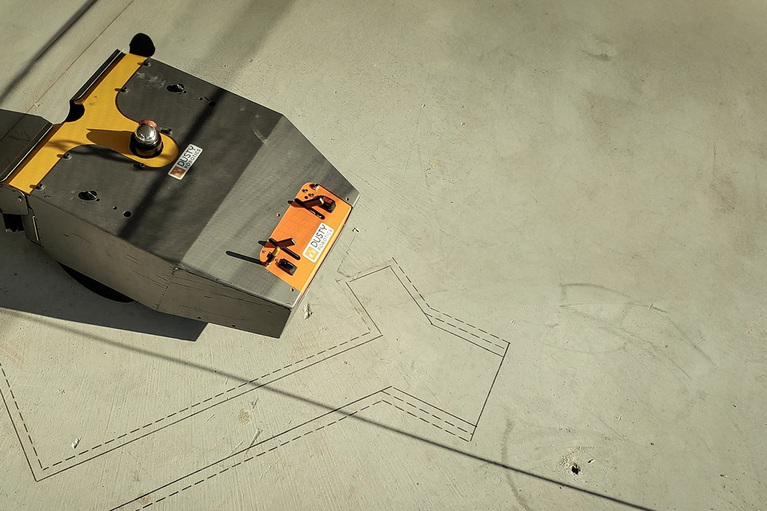
From toys to construction site tools, OLogic brings robotic ideas to life
OLogic extols high-density power modules to drive today’s robotic revolution
Case study: Delivery robots

Last-mile consumer delivery of groceries, take-out food and online consumer items is the mission-critical task of these autonomous robots. While payloads vary in size and weight, these robots typically have long run times and are typically powered by 48V to 100V batteries. Delivery robots are equipped with a variety of sensors, cameras, and GPS technology to navigate their surroundings safely and efficiently. These robots depend on batteries, which pose a challenge for their operational range. The key goals were:
Vicor high-performance power modules reduce space and weight on board, increasing space for sensors and navigation systems and enabling delivery robots to carry larger loads and objects. The high efficiency levels of Vicor power modules increase operating time allowing them to reach more distant destinations safely.

Modular design supports flexible design requirements

Compact high-density power modules optimize available design space

High efficiency solution extends available battery life
The DCM™ converter series fits the needs for this class with operation from 43 – 154V input. The DCM3623 enables a regulated 24 or 48V distribution from the battery for servo drives, other payloads and downstream converters. The DCM3623 provides 240W of power at 90% efficiency from a 36.38 x 22.8 x 7.26mm package. With a 24 – 48V rail established, ZVS buck or buck-boost regulators can typically be used to power lower voltage rails.

Isolated regulated
Input: 9 – 420V
Output: 3.3, 5, 12, 13.8, 15, 24, 28, 36, 48V
Power: Up to 1300W
Efficiency: Up to 96%
As small as 24.8 x 22.8 x 7.21mm
From toys to construction site tools, OLogic brings robotic ideas to life
OLogic extols high-density power modules to drive today’s robotic revolution
High-efficiency power modules maximize system run-time and improve productivity
Logistic robots like AMRs and AGVs provide inventory management and order fulfillment tasks within large warehouse environments
Lightweight and efficient power modules extend delivery routes and save space to carry more goods
Last-mile consumer delivery of groceries, take-out food and online consumer items is the mission-critical task of autonomous robots
Flexible, scalable modular solutions support multiple systems for healthier and cleaner spaces
Robots use UV lamps or disinfecting sprays to eliminate dangerous pathogens and bacteria from large areas such as schools, warehouses, hospitals, etc.
